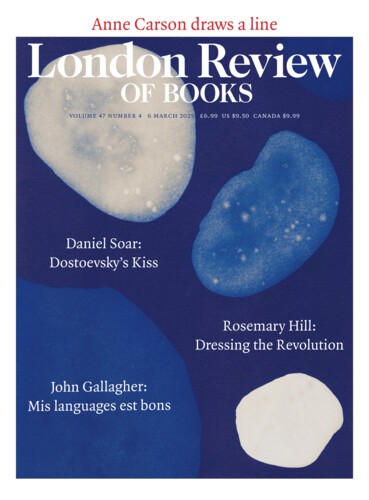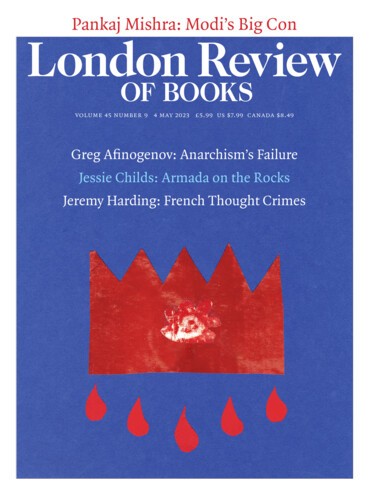From The Blog
15 October 2018
Desperate crossings – Lenin’s sealed train, Luding Bridge, Granma – were at the heart of several 20th-century revolutions, but the one that killed my great-grandmother seemed to be a perfectly average late-summer voyage. According to the official account, on 1 September 1948, the steamer Pobeda (‘Victory’), bound from New York to Odessa, was in the Black Sea, nearing its destination. A sailor rewinding some movie reels in a storage cabin inadvertently caused a spark, igniting the thousands of highly flammable filmstrips and phonograph records inside. Two crew members and forty of the 310 passengers were killed. Among them were Evgeniia Afinogenova, née Jeannette Schwarz of the Lower East Side, and Feng Yuxiang, former war minister of the Republic of China, on his way to bend the knee to Mao Zedong. Among the survivors were Afinogenova’s two daughters, aged six and eleven, my grandmother and her older sister, who were taken to Moscow to be raised by their grandmother.
15 October 2018




